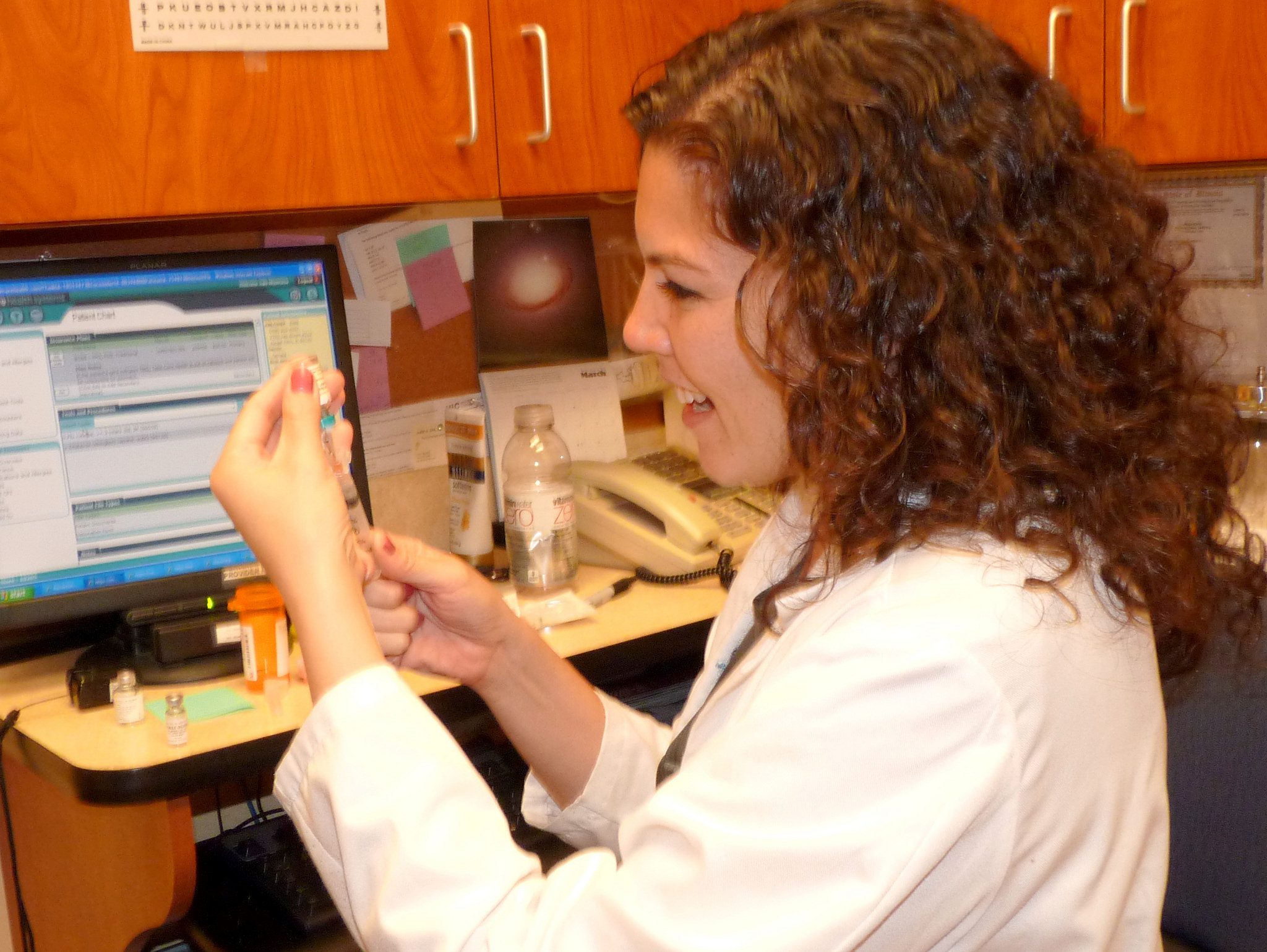![HPV Vaccinations Protect Against Certian Cancers [Video] HPV](https://thenewsschool.com/wp-content/uploads/2017/12/HPV-Vaccinations-Protect-Against-Certian-Cancers-Video-650x488.jpg)
Receiving the series for Human Papillomavirus is possibly one of the most essential vaccinations a child should receive. The CDC reports that 90 percent of all individuals will be infected with HPV at least once in their lifetime.
The vaccine protects against most papillomavirus-related illnesses such as cervical, vaginal, vulvar, penile, anal, and throat cancers. In fact, the virus in the leading cause of cervical cancer. It will also prevent genital warts. In the United States, approximately 14 million people are diagnosed with the infection each year.
Because the virus is sexually transmitted, it is vital to inoculate against HPV before a person becomes sexually active. The vaccine is given in a series of two to three doses depending on age. Children, as young as nine, can begin the vaccines but the CDC recommends parents seek this preventative treatment for their preteens who are 11-12 years old.
A 2015 CDC report states: “4 out of 10 adolescent girls and 6 out of 10 adolescent boys have not started the recommended [sic] vaccine series, leaving them vulnerable to cancers caused by HPV infections.” These stats are alarming. Adults need to protect their children.
In a Merck advertisement, the first voiceover asks who knew the human papillomavirus could cause cancers? Then adolescents ask, “Did you know? Mom? Dad?” This video flooded the airwaves in 2015, yet less than 50 percent of eligible kids had not had their shots. There needs to be a better method of ensuring the message about the hazards of HPV is heard.
Harvard Medical School advocates school districts in the U.S. make the HPV vaccines mandatory. Rhode Island, Maine, Virginia, New York, Hawaii, Maryland, and Washington D.C. require the immunization before attending middle school, according to the National Conference of State Legislatures.
Opponents of the mandate claim that unlike measles papillomavirus is not transmitted by typical-classroom contact. While this seems like sound reasoning for rejecting the necessity of regulating inoculation, Harvard argues that the vaccine will save lives.
Side Effects of HPV Vaccine
There are side effects with any inoculation, but the cost of choosing not to prevent papillomavirus-related illnesses can be insurmountable. The CDC website states the typical reactions are minor such as:
- Pain, redness, or swelling in the arm where the shot was given.
- Fever,
- A headache or feeling tired,
- Nausea,
- Muscle or joint pain.
While not common, fainting may occur after the injection. To avoid this possibility the CDC recommends sitting for 15 minutes. In extremely rare cases severe (anaphylactic) allergic reactions may happen. Do not have the injection if allergic to any of the vaccine’s ingredients.
The injection will not cause an HPV infection or any related cancers because it contains only one of the virus’ proteins.
There is no data supporting infertility as a result of the injection. Moreover, the chances of not bearing children are increased in a woman who did have the preventative inoculation.
Since most states require children receive a Tdap (tetanus, diphtheria, and acellular pertussis vaccine), the CDC suggests parents take the time to have their preteens inoculated with the HPV injection along with the quadrivalent meningococcal conjugate vaccines to avoid infections which could lead to death.
Questions about any medical procedure, including vaccines, should be discussed with the child’s doctor.
By Cathy Milne
Sources:
Snopes: Does the Gardasil Vaccine Come With Crippling Side Effects?
Centers for Disease Control and Prevention: HPV Vaccine for Preteens and Teens
Centers for Disease Control and Prevention: Human Papillomavirus Questions and Answers
Harvard Health Publishing: Why Public Schools Should Require the HPV Vaccine
National Conference of State Legislatures: HPV VACCINE: STATE LEGISLATION AND STATUTES
Featured and Top Image Courtesy of Ann Fisher’s Flickr Page – Creative Commons License



